Imaginings
stories, creative nonfiction, poetry, and other imaginative accounts of the natural world
-
Mosquitopia Part 3: Key Reasons for Killing Mosquitoes
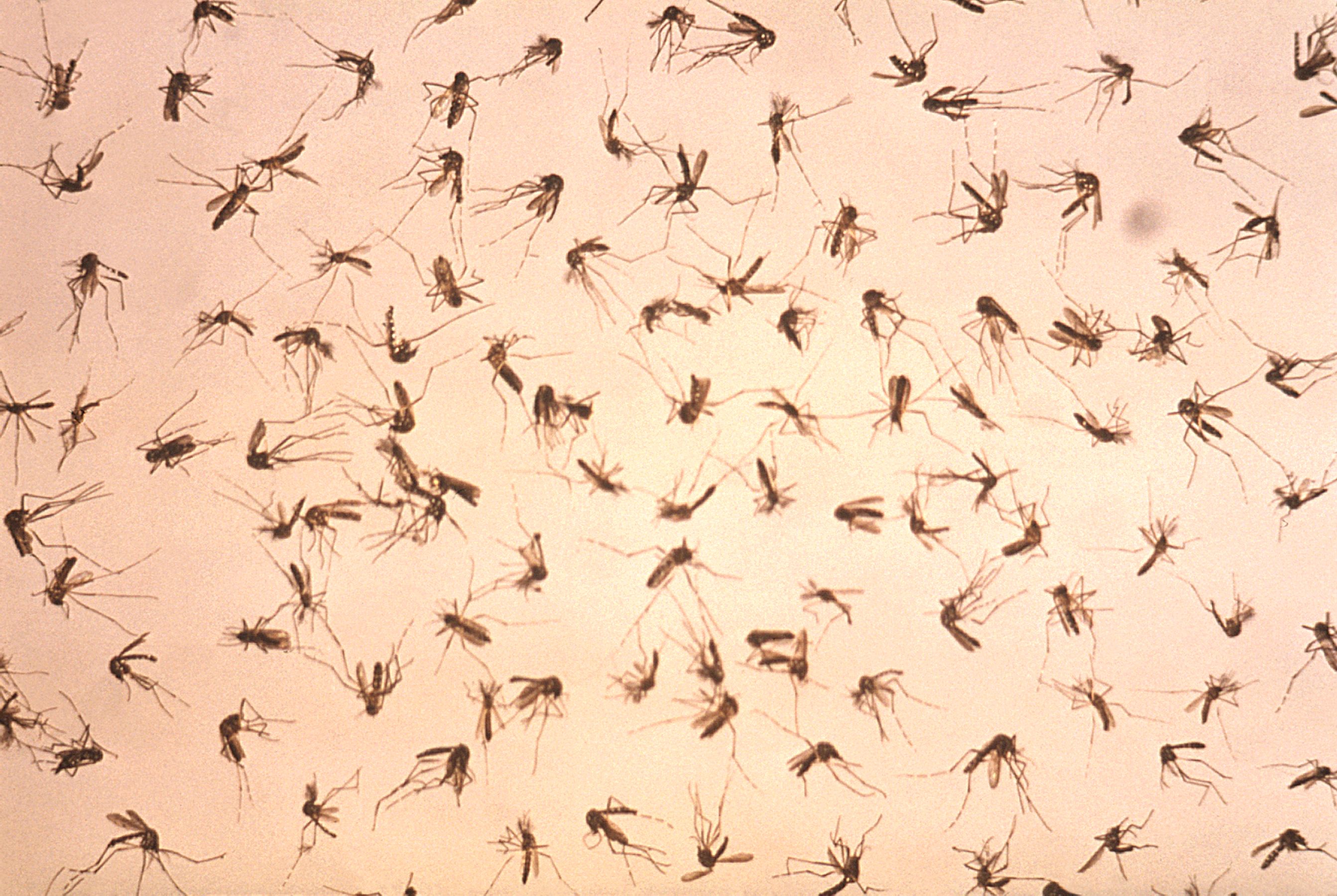
By Marcus Hall and Dan Tamir Human health: First and foremost, despite the many and important reasons for saving mosquitoes, or at least saving certain mosquitoes in certain situations, there remains a dire need to eradicate these creatures—even when it means undertaking extreme measures to accomplish this goal.
-
Mosquitopia Part 2: A few Reasons for Saving Mosquitoes
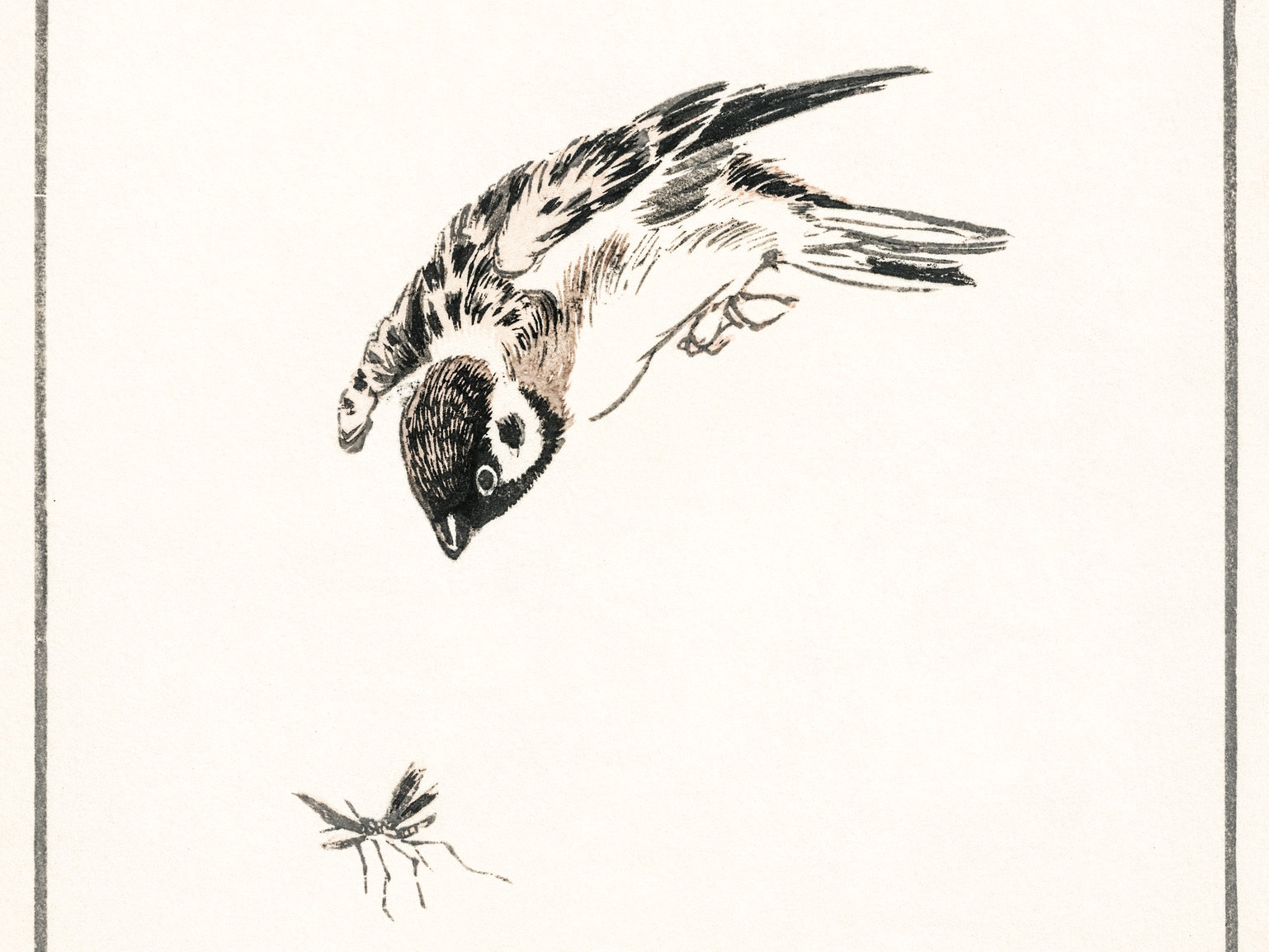
By Marcus Hall and Dan Tamir We must remind ourselves that we are ultimately battling disease, not mosquitoes, and that there may be more effective, more economical, more ethical ways to do this than mosquito control. Malaria once emanated from swamps and bad air, though with more evidence it became clear that mosquitoes were the…
-
Mosquitopia Part 1: Killing Mosquitoes? The Pros and Cons
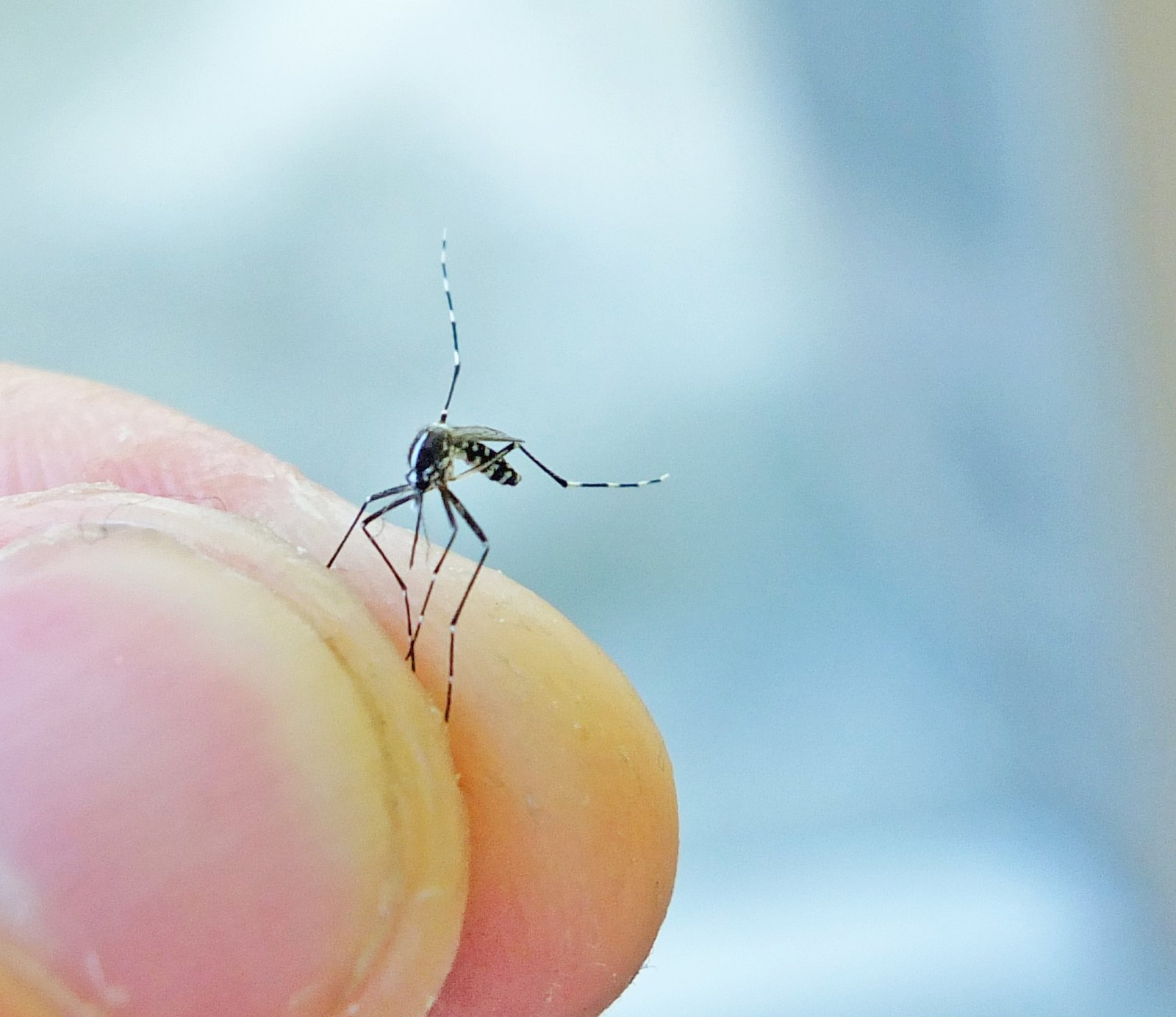
By Marcus Hall and Dan Tamir Global warming is ushering us into a new mosquito epoch. Ready or not, mosquitoes are coming faster than before; both indigenous and non, disease-carrying and not, human-biting and not. What are we to do with these buzzing creatures, and what has already been done with them?
-
Insect Profile: Asian Tiger Mosquito
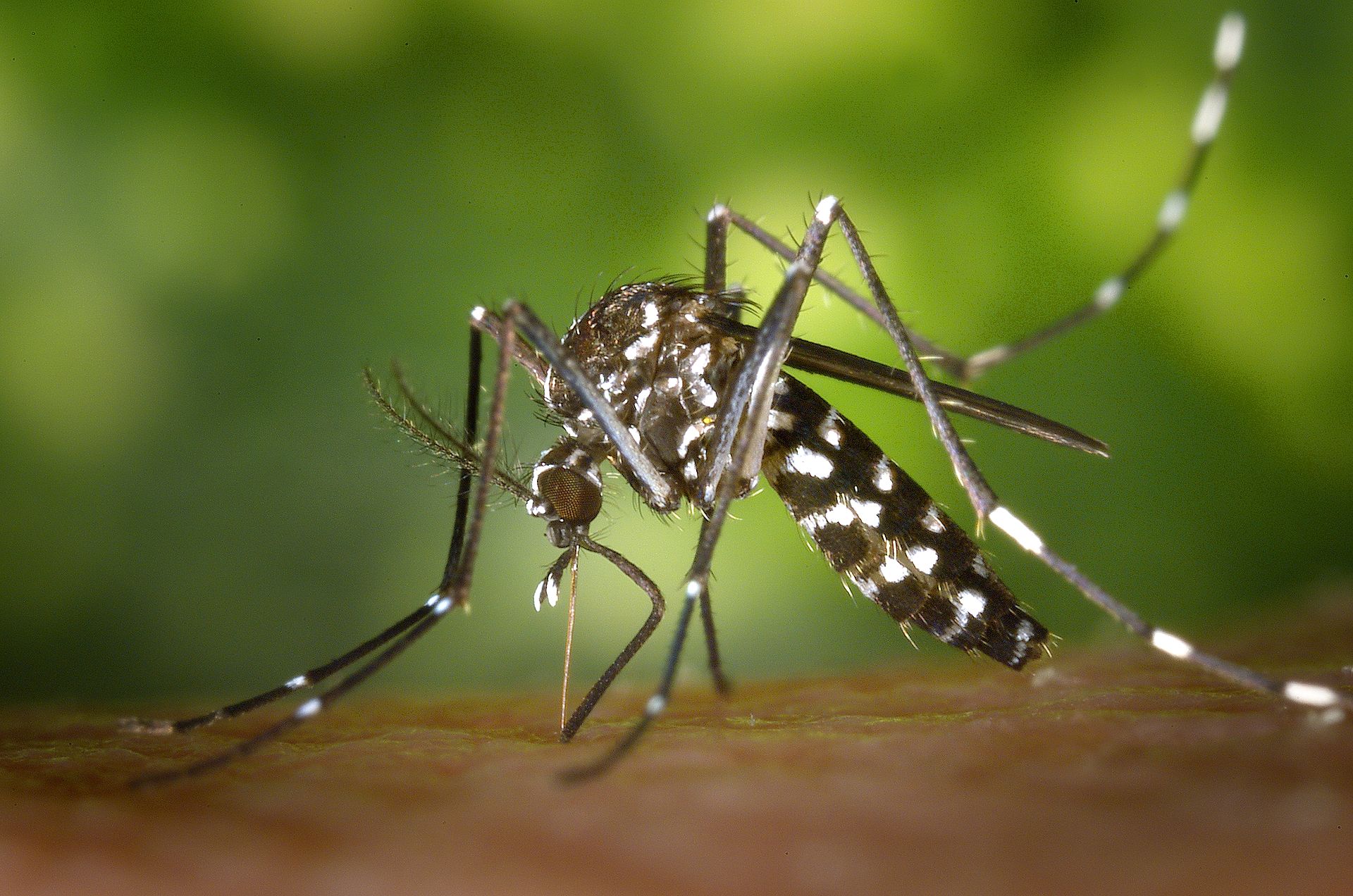
Aedes albopictus There are several ways to identify Asian Tiger mosquitos: black and white flecked bodies with a stripe down the back, the unusual habit of feeding during daylight hours, and until relatively recently, a tropical and subtropical distribution within Southeast Asia. Over past decades, however, the species has begun moving further afield, being stowed
-
Beyond Denial and Anger: How Journalists and Scientists can Collaborate for Better Communication

By: Rosalind Margaret Donald In the early months of 1999, the UK press traded headlines for and against the use of genetically modified crops. A circulation war had escalated to ecstatic heights, peaking in February with the Daily Express’s headline “MUTANT CROPS COULD KILL YOU.” Questioned a few months after the frenzy was over, in the
-
Sourdough Cultures

By: Matthew Morse Booker Introduction: An Embodied Multispecies Environmental Humanities Experience As one of the first Alumni Fellows at the Rachel Carson Center (RCC), I wanted to return something to the remarkable community of RCC staff, students, and fellows. In North Carolina I am part of the Sourdough Project, a global public science experiment using
-
The Anthropocene: Challenging the Disciplines
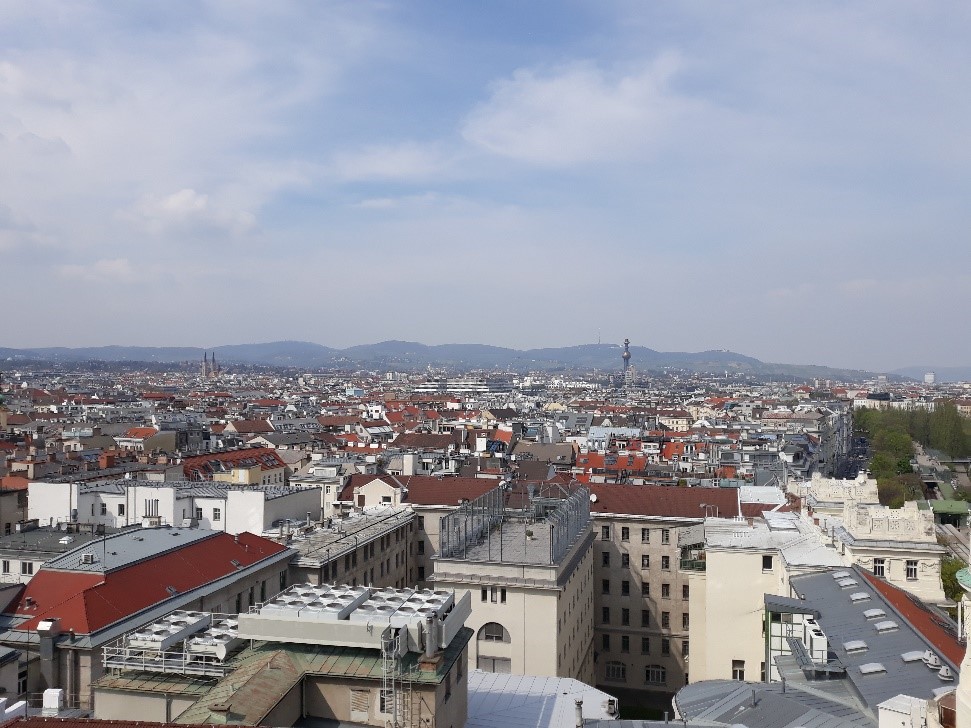
Workshop Report (8 April 2019, Vienna, Austria) Vienna Anthropocene Network, University of Vienna By Eugenio Luciano On 8 April 2019, the University of Vienna hosted the workshop “The Anthropocene: Challenging the Disciplines” organized by the recently established Vienna Anthropocene Network. The 12th floor Sky Lounge of the university building at Oskar-Morgenstern-Platz 1 granted the participants
-
Histories of Women and Energy
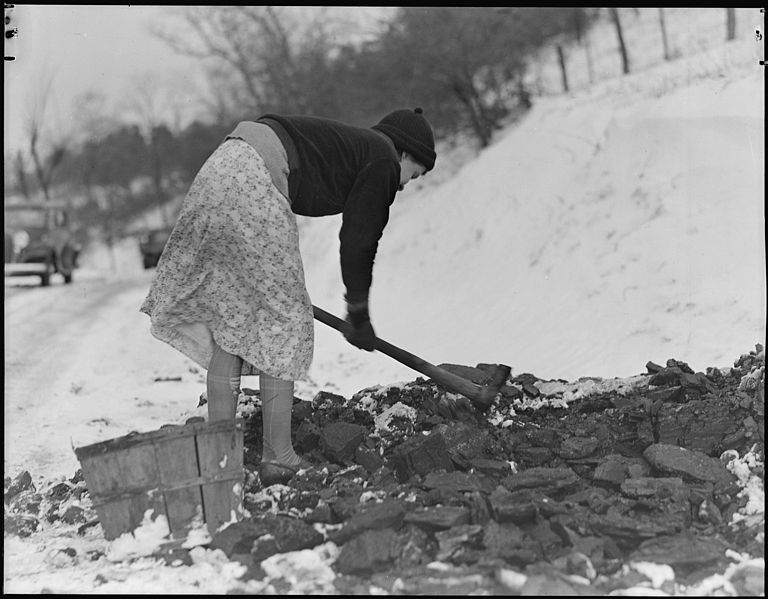
Workshop Report (23–25 April 2019, Rachel Carson Center, Munich) By Ruth Sandwell and Abigail Harrison Moore Why Women and Energy? As people around the world slowly take in the connections between the energy-related practices of their daily lives and the planetary threat posed by fossil-fuel-induced climate change, historians are becoming increasingly aware of energy as
-
(Um)Weltschmerz: An Exercise in Humility and Melancholia
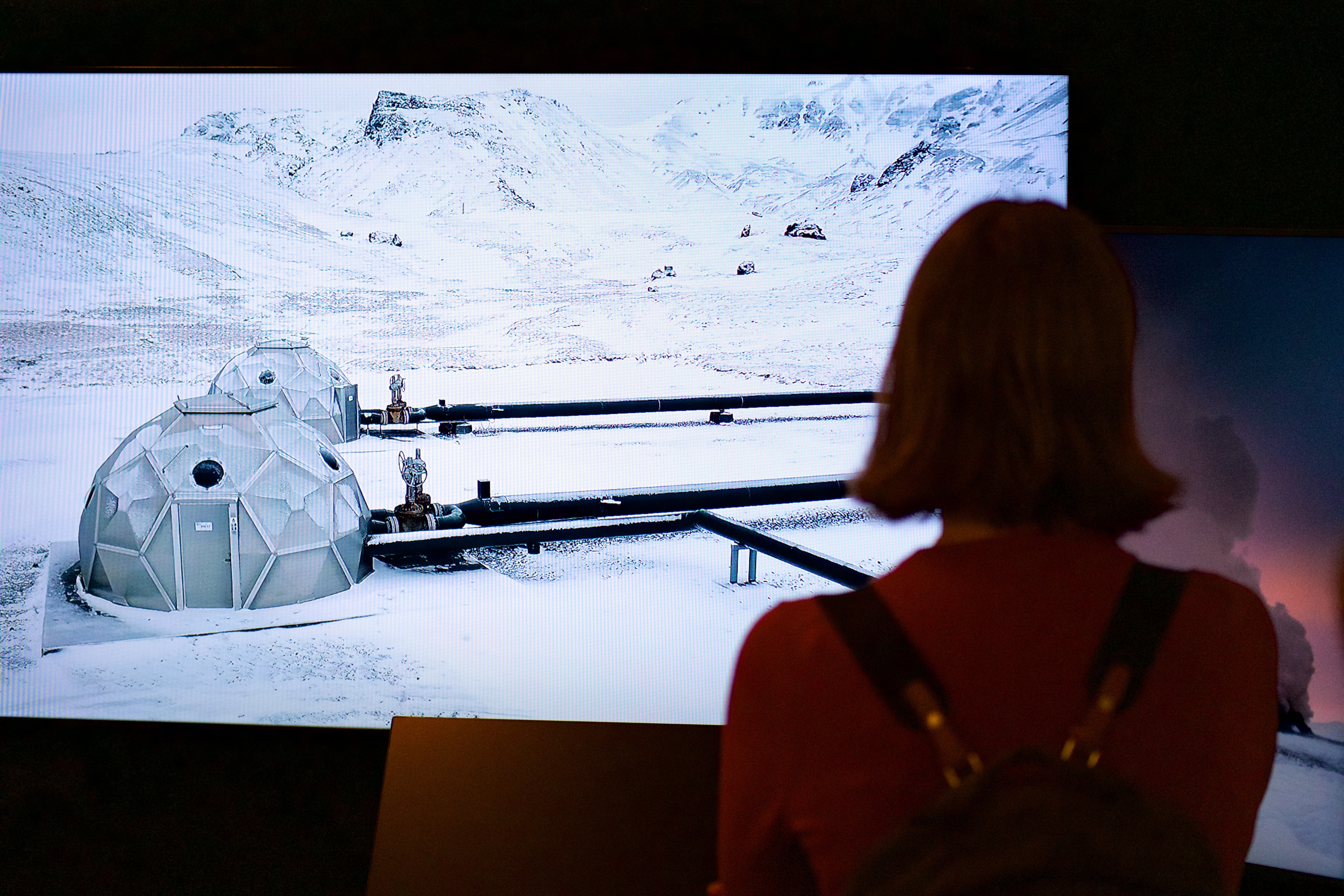
Conference Report (7–20 October 2018, Munich) Nearly three years to the day after the Marie Curie ENHANCE ITN’s official kick-off in Munich, a final conference titled (Um)Weltschmerz: An Exercise in Humility and Melancholia marked the official end of the program. After three years of intensive collaboration, the wide variety of academic disciplines and topics of